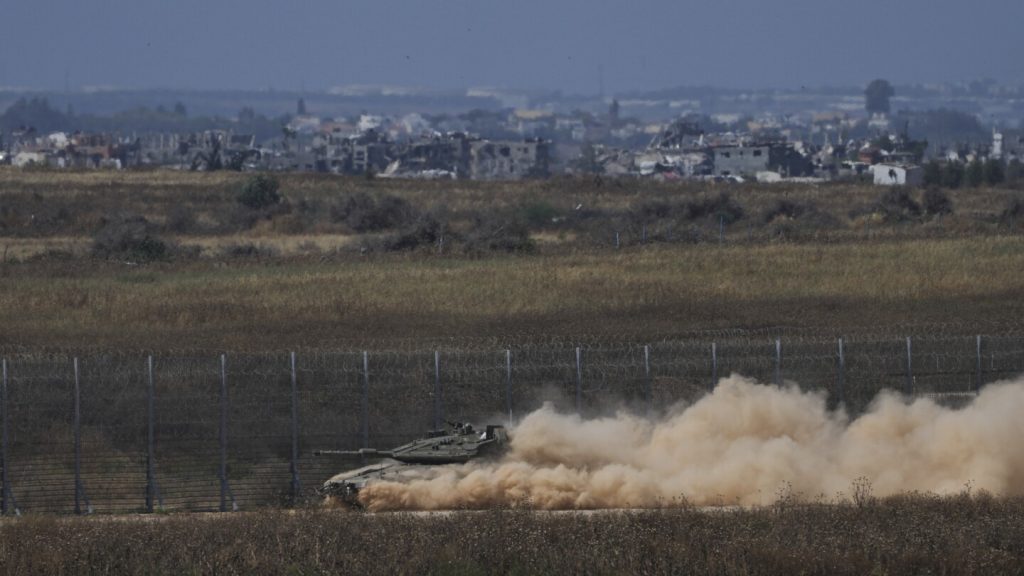Israeli forces have intensified their presence in Gaza’s southern city of Rafah and are engaged in battles with Hamas in parts of the north that were previously cleared by the military. The city of Rafah serves as a refuge for over a million civilians and is considered Hamas’ last stronghold. Despite evacuation orders from Israel, around 300,000 people have fled the city, citing the need to invade and dismantle Hamas as the reason. Egypt has expressed strong objection to the offensive in Rafah and plans to join South Africa’s case at the International Court of Justice, accusing Israel of committing genocide in Gaza.
The United Nations human rights chief, Volker Turk, has stated that a full-scale offensive on Rafah is in violation of international humanitarian law. U.S. Secretary of State Antony Blinken has reiterated opposition to a major military assault in Rafah, warning that Israel could face difficulties in dealing with an enduring insurgency without a clear exit strategy. The lack of a functioning government in Gaza has led to chaos and a resurgence of Hamas in the region. International efforts towards a ceasefire and hostage release have stalled, with Israeli Prime Minister Benjamin Netanyahu vowing to continue fighting until victory.
Netanyahu has rejected postwar plans proposed by the United States for the Palestinian Authority to govern Gaza with support from Arab and Muslim countries, as it relies on progress towards the creation of a Palestinian state, which Israel opposes. The ongoing conflict has resulted in significant casualties on both sides, with the Oct. 7 attack killing over 1,200 people, mostly civilians. Militants still hold hostages and the remains of numerous individuals, as Israel’s military offensive has claimed over 35,000 Palestinian lives according to Gaza’s Health Ministry.
Reports of heavy Israeli bombardment in the northern areas of Gaza have emerged, leading to a dire humanitarian situation with a “full-blown famine” in the Jabaliya refugee camp. Despite the isolation of these areas by Israeli forces, airstrikes and artillery continue to target militants. The lack of response from Palestinian Civil Defense teams has exacerbated the situation, highlighting the urgent need for humanitarian aid. Efforts to topple Hamas’ regime face challenges, as there is no clear alternative government in place for post-war governance.
The United Nations agency for Palestinian refugees has reported that 300,000 people have fled Rafah as a result of the Israeli military operation. The mass displacement has strained existing resources in nearby cities like Khan Younis and Mawasi, where living conditions are already poor. The closure of aid entry points near Rafah has hindered humanitarian operations, raising concerns about a potential increase in civilian casualties. The offensive has strained relations between Egypt and Israel, with Cairo voicing protests over the impact on their peace treaty and regional stability. U.S. President Joe Biden has refrained from providing offensive weapons to Israel for the Rafah operation and has raised concerns about breaches of international law.
The ongoing conflict in Gaza has escalated tensions in the region, with concerns about civilian casualties and the humanitarian crisis growing. The lack of progress in ceasefire talks and post-war governance plans has further complicated the situation. As the conflict continues, the international community will be closely monitoring developments and advocating for a peaceful resolution to the crisis.


